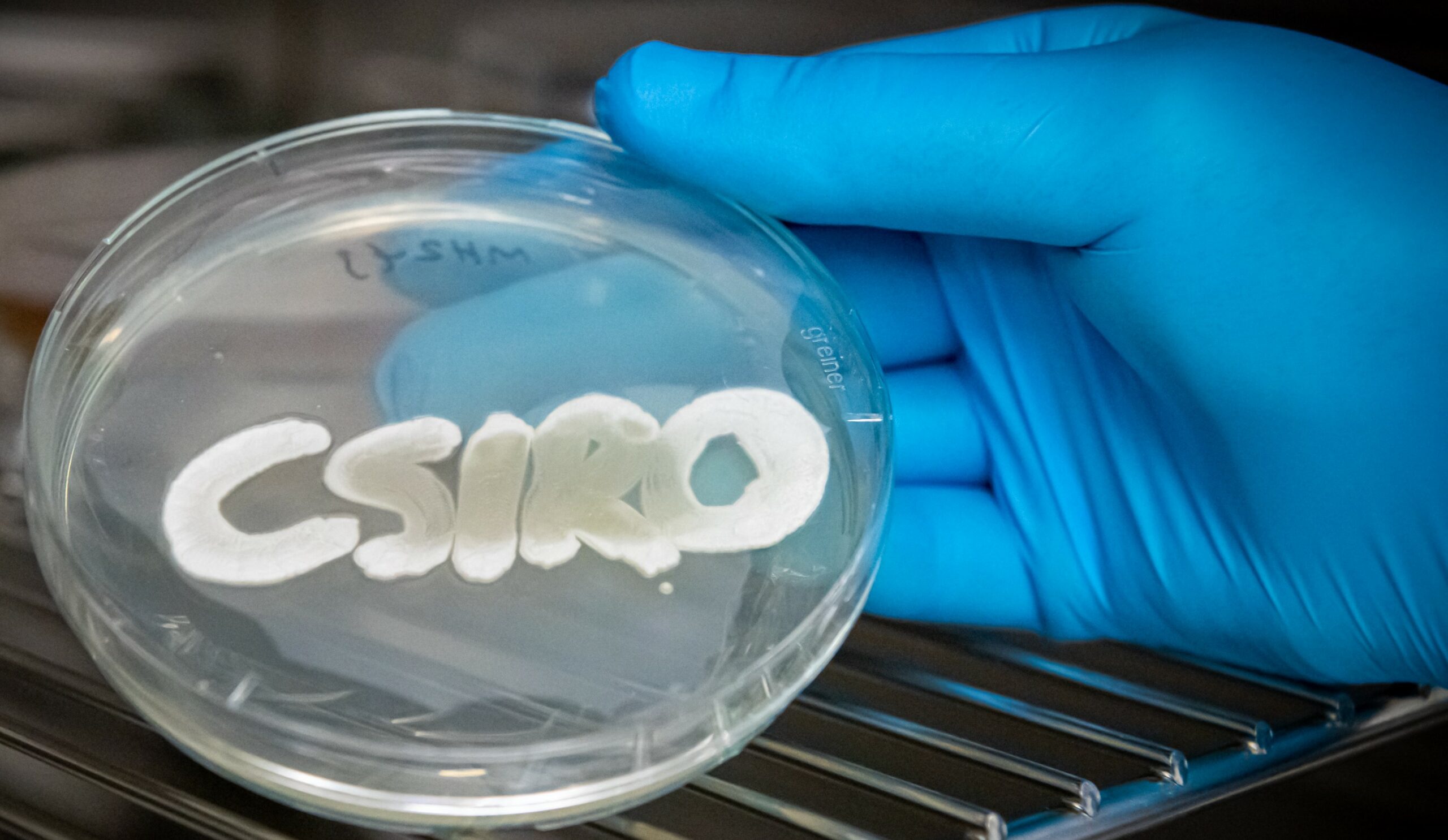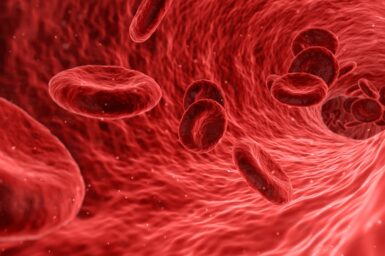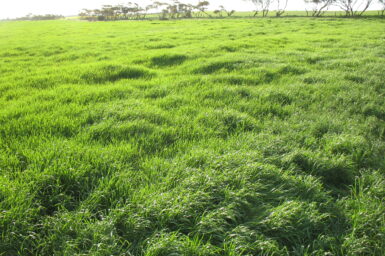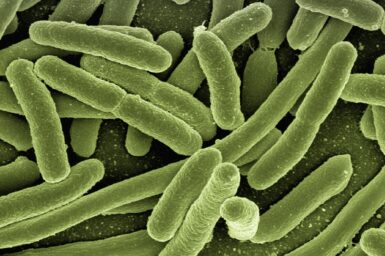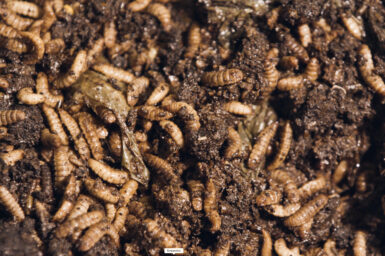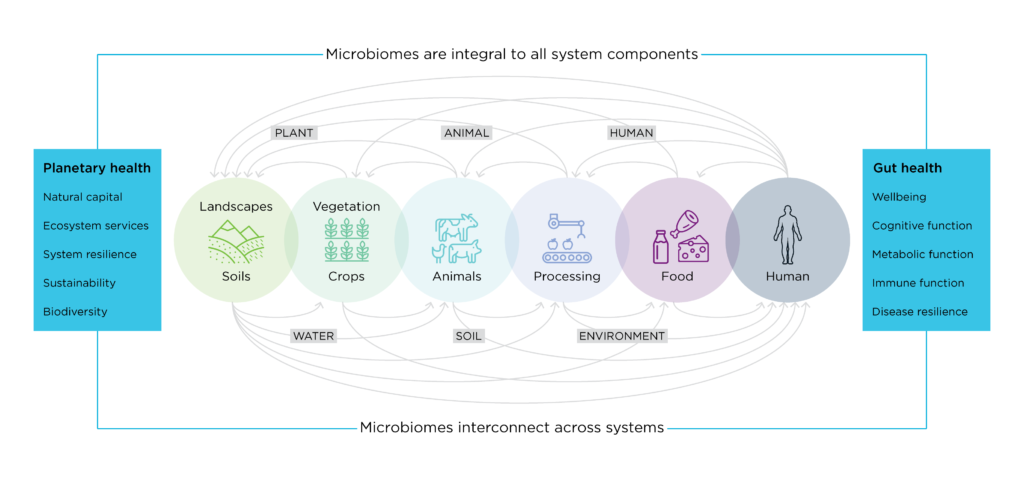A microbiome is a community of microscopic organisms and are essential to the functioning any system. Advancements in the analysis of DNA, RNA, proteins and metabolites (multi-omics) has allowed us to study the microbiome in greater detail. This will allow us to harness the microbiome to benefit our food, environment and health. To see how, read about our research.
MOSH Future Science Platform
The MOSH Future Science Platform is developing new understanding of microbiome connectivity across the environment to human continuum and how system perturbations impact on microbiome functionality, diversity and systems health.
A key objective of MOSH is to capture greater benefit from microbiome interactions through more informative and predictive frameworks for functionality and by targeted interventions.
Capacity to directly manipulate microbiomes across hosts and environments will provide new opportunities for bio-based solutions to be developed and applied to improve the health of natural and managed environments and for increased benefit to plants, animals and humans.
Discover MOSH’s microbiome research in key focal areas and how we are harnessing the invisible and invaluable microbes to enhance our food, environment and health:
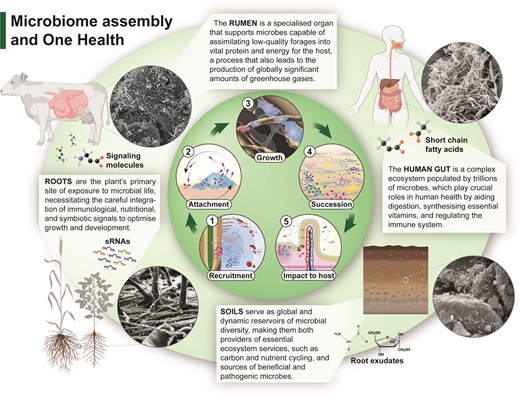
Central to MOSH is recognition that:
- microorganisms are integral to genotypic & phenotypic makeup of all organisms and environments
- microbiome-mediated interactions are critical for environmental & human function and health
- ‘One Systems Health’ requires that microbiomes interconnect across the entire soil to gut continuum
- microbiome interventions have potential for transformational change through bio-based solutions.
MOSH is developing and exploring new horizon science opportunities directed at:
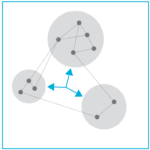
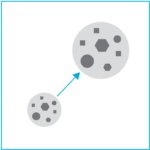

Systems Connectivity: Application of multi-omic tools to analyse ‘point’ and ‘system’ level change and associated measures of functionality both within and across interconnected biomes. Analysis of common signal pathways and ‘assemble rules’ that interconnect microbiome components (species, genes, pathways) across soil-plant-animal and environmental/urban systems.
Predictive Frameworks: Analysis of the ‘state’ of a microbiome and its response to biotic & abiotic factors that drive structural and functional change. Integration of multi-faceted data layers and empirical and statistical modelling to measure and predict how systems perturbations influence microbiome resilience, functionality and the resultant impact on host and environmental health.
Deliberate Interventions: Develop technologies to ‘construct’ novel microbiome communities and manipulation of microbiome communities for an intended benefit. Use of management interventions to deliberately modify microbiome-host/environment interactions for targeted outcomes that are predictable, effective and provide stabilized microbiome function.
Microbiomes are integral to all system components and are diverse and complex
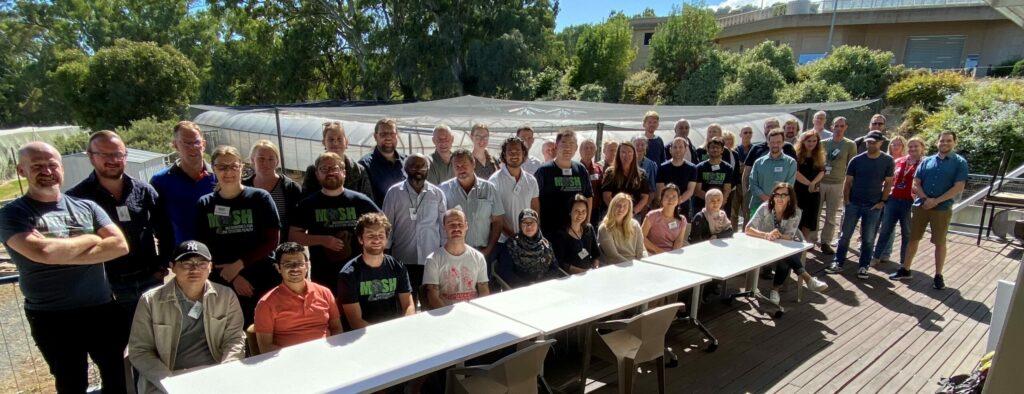
#CSIROmicrobiome
For further information contact mosh@csiro.au
